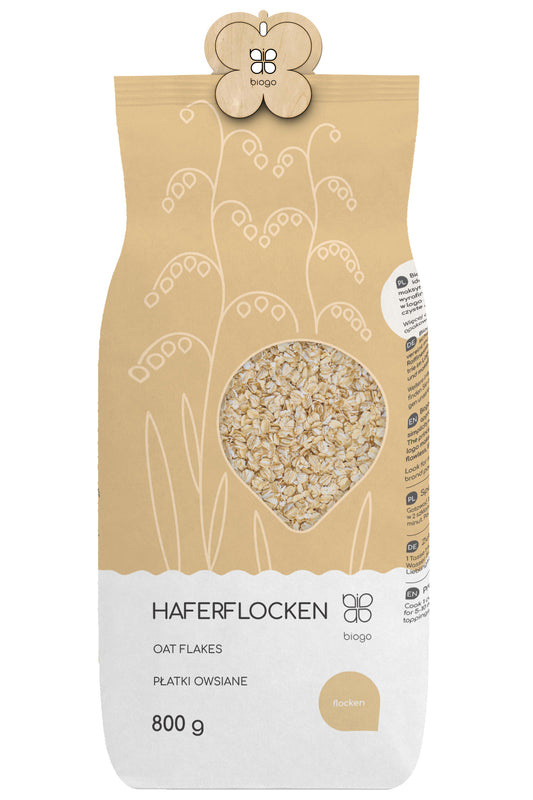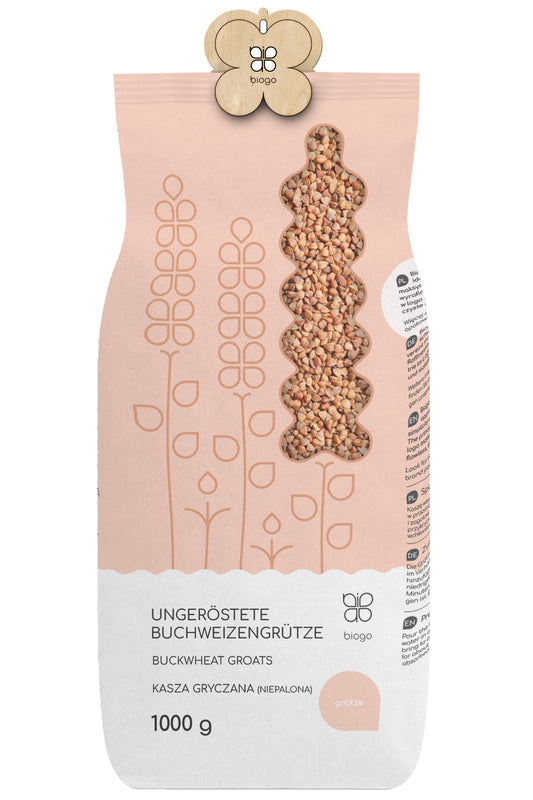There has been a lively debate in the medical and nutritional community for many years about whether regular consumption of black coffee is good for your health. And although the scales recently seem to be tipping toward the verdict "Yes, you can drink coffee without risking your health," many people still choose to eliminate this aromatic brew from their diet.
There has been a lively debate in the medical and nutritional community for many years about whether regular consumption of black coffee is good for your health. And although the scales recently seem to be tipping toward the verdict "Yes, you can drink coffee without risking your health," many people still choose to eliminate this aromatic brew from their diet.
If for some reason you're trying to avoid traditional coffee, there's a huge range of alternatives you can choose from: from coffee that's different from the usual, to drinks that have little in common with coffee but similar effects. Here are our picks!
Muesli (or muesli herbal) coffee
Cereal coffee is one of those drinks that began as Erzac and was intended to help survive the times when real coffee was unavailable for various reasons. Over time, it has become something of a cult drink, eagerly sought after by more than just those who can drink typical coffee. In recent years, grain coffee has even experienced something of a renaissance: It's enjoyed great popularity among the younger generation and is no longer associated solely with milk bars and poverty. This drink is a good choice for people who appreciate its tart, refreshing taste in coffee (it's somewhat similar to cereal in this respect) and who like to complement their warm beverage with milk, whether cow's milk or vegetable milk. It contains no caffeine, so the stimulating effect is not to be expected.
Acorn coffee
Not just for wild boars! This is another caffeine-free substitute for regular coffee. Acorn vodka, actually made from ground and roasted acorns, may seem like a recent invention, but it has actually been consumed in Europe for centuries for its tonic properties and beneficial effects on the digestive system. It has a pleasant nutty flavor, described by some as slightly sweet.
green coffee
It's a well-known coffee made from coffee beans, but because it hasn't undergone a roasting or roasting process, both its flavor and properties are distinct. It's popular with people who don't want to give up caffeine but at the same time try to avoid regular coffee due to its stomach-irritating effects. Green coffee has a very distinctive taste and aroma that may not appeal to everyone, but enthusiasts argue that its metabolism-boosting effects are definitely worth the effort.
Yerba Mate
A drink much closer to tea than coffee, it's best known for the caffeine and theobromine contained in the infusion: two ingredients responsible for its wonderful stimulating properties. Due to its proportions, yerba mate energizes with clarity and gentleness, making it ideal for people who don't like a sudden caffeine hit in coffee (which manifests itself in, among other things, handshakes and nervousness) and are looking for something that will help them refresh less aggressively. Yerba mate can also help people on a diet: it reduces the urge to snack between meals.
THE PUBLISHER'S CHOICE
Dried dates 1 kg BIOGO
- €4,21
€4,95- €4,21
- Unit price
- / per
Peeled sunflower seeds 1 kg BIOGO
- €3,04
€3,57- €3,04
- Unit price
- / per
Dried organic mango 400 g BIOGO
- €10,99
- €10,99
- Unit price
- / per
Dried White Mulberries 500 g ORGANIC
- €5,84
€6,87- €5,84
- Unit price
- / per
Organic Ground Turmeric 500 g BIOGO
- €5,92
- €5,92
- Unit price
- / per
Oat flakes 800 g BIOGO
- €2,34
€2,76- €2,34
- Unit price
- / per
Milk thistle seeds 1 kg BIOGO
- €3,99
- €3,99
- Unit price
- / per
Popcorn (corn kernels) organic 1 kg BIOGO
- €5,84
- €5,84
- Unit price
- / per
Organic cashew nuts 1 kg BIOGO
- €19,99
- €19,99
- Unit price
- / per
Unpeeled buckwheat groats 1 kg BIOGO
- €2,81
€3,31- €2,81
- Unit price
- / per







































































































































